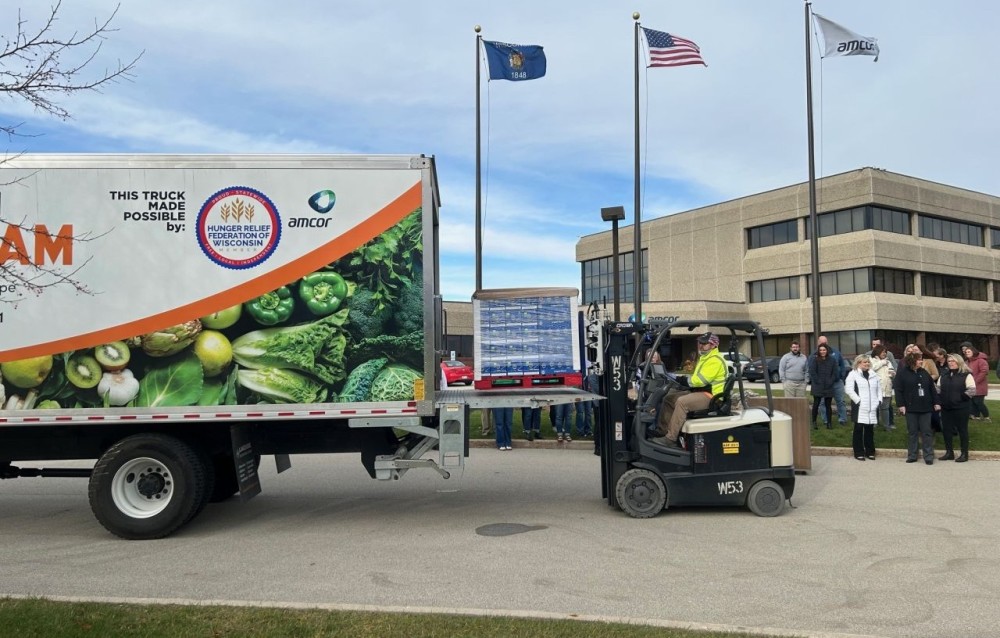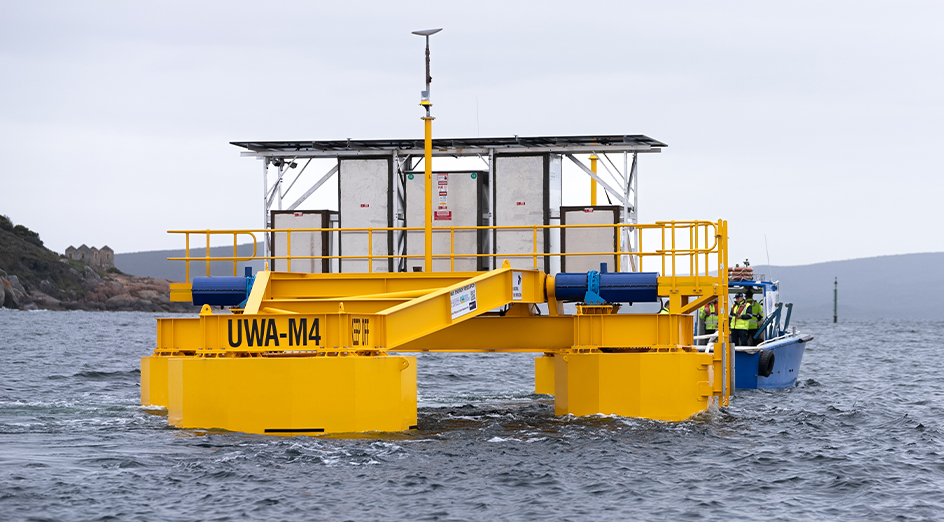Queensland Corrective Services strives to ensure those prisoners and offenders who come into contact with the correctional system are less likely to return to crime.
Community service programs are an important part of helping to turn lives around and they have a long and successful history in Queensland corrections.
QCS operates two main community service programs:
- Reparation work performed by supervised individuals in the community under community service orders, graffiti removal orders, alcohol fuelled violence orders, intensive correction orders and fine option orders.
- Work performed by low custody prisoners (including at work camps).
Work camps have been making a difference to Queensland every day for more than 30 years – the first one rising from the devastating floods at Charleville in 1990 when 40 prisoners from Brisbane were tasked and sent to help with the flood clean-up.
There are currently 13 work camps operating throughout Queensland.
They provide an opportunity for low security prisoners to develop employment skills and give back to regional communities through work projects that are unique to the location and the community’s needs.
The work camps provide a valuable source of labour and assistance, including in times of natural and other disasters, and the work carried out by prisoners includes things like maintaining fences, cemeteries, heritage sites, playgrounds and showgrounds.
In 2020-21, prisoners on the work camp program completed 123,303 hours of service which is equal to $3.29 million worth of labour provided to support regional Queensland.
Community service is a way for supervised offenders to make reparation to the community affected by their offending behaviour and to develop employment skills.
Community Corrections offices throughout Queensland partner with not-for-profit organisations and local councils to supervise offenders performing unpaid community work.
Community service projects vary across districts and include beautification and maintenance activities such as rubbish/waste removal; graffiti removal; restoration of parks, facilities, and waterways; and work with charities and animal welfare organisations.
Community service can fill a labour gap for not-for-profit groups and provide offenders the opportunity to develop life and vocational skills, build networks and in some cases obtain employment at the conclusion of their community service order.
In 2020-21 across Queensland, a total of 162,239 hours of community service were performed by offenders on community supervision, equating to more than $4.4 million in unpaid work for communities around the state.








